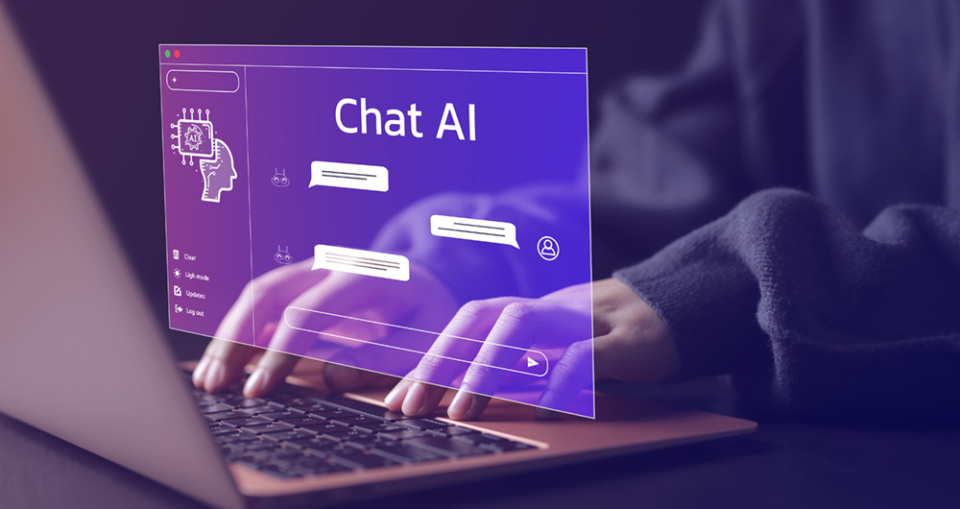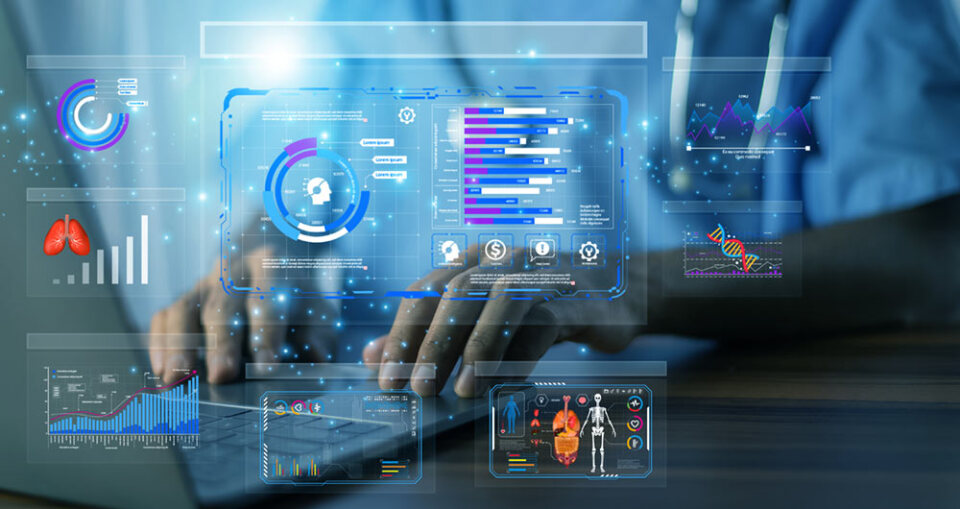403 posts found
Enriched metadata: evolution towards knowledge graphs and ontologies
In any data management environment (companies, public administration, consortia, research projects), having data is not enough: if you don't know what data you have, where it is, what it means, who maintains it, with what quality, when it changed or how it relates to other data, then the value is ve…
Three strategies to get the most out of your AI-powered summaries
We live surrounded by AI-generated summaries. We have had the option of generating them for months, but now they are imposed on digital platforms as the first content that our eyes see when using a search engine or opening an email thread. On platforms such as Microsoft Teams or Google Meet, video c…
Designing Data Visualizations with Integrity: Beyond Pretty Charts
Data visualization is a fundamental practice to democratize access to public information. However, creating effective graphics goes far beyond choosing attractive colors or using the latest technological tools. As Alberto Cairo, an expert in data visualization and professor at the academy of th…
Open Data and Synthetic Data for Innovation, Privacy, and Trust
Artificial Intelligence (AI) is becoming one of the main drivers of increased productivity and innovation in both the public and private sectors, becoming increasingly relevant in tasks ranging from the creation of content in any format (text, audio, video) to the optimization of comp…
The European Health Data Space and Open Data: Synergy for Health Innovation
Open health data is one of the most valuable assets of our society. Well managed and shared responsibly, they can save lives, drive medical discoveries, or even optimize hospital resources. However, for decades, this data has remained fragmented in institutional silos, with incompati…
Open Educational Resources (OER): innovation, collaboration and universal access
Education has the power to transform lives. Recognized as a fundamental right by the international community, it is a key pillar for human and social development. However, according to UNESCO data, 272 million children and young people still do not have access to school, 70% of countries spend…
More transparency in AI: new template for documenting general-purpose model training data
Artificial Intelligence (AI) is transforming society, the economy and public services at an unprecedented speed. This revolution brings enormous opportunities, but also challenges related to ethics, security and the protection of fundamental rights. Aware of this, the European Union approved t…
Artificial intelligence, data and responsibilities
When dealing with the liability arising from the use of autonomous systems based on the use of artificial intelligence , it is common to refer to the ethical dilemmas that a traffic accident can pose. This example is useful to illustrate the problem of liability for damages caused by an acciden…
Healthy Urban Spaces: How Open Data Transforms Our Cities
Open data has great potential to transform the way we interact with our cities. As they are available to all citizens, they allow the development of applications and tools that respond to urban challenges such as accessibility, road safety or citizen participation. Facilitating access to this inform…
How to build a Green Deal Data Space that complies with the FAIR principles
To achieve its environmental sustainability goals, Europe needs accurate, accessible and up-to-date information that enables evidence-based decision-making. The Green Deal Data Space (GDDS) will facilitate this transformation by integrating diverse data sources into a common, interoperable and open…









